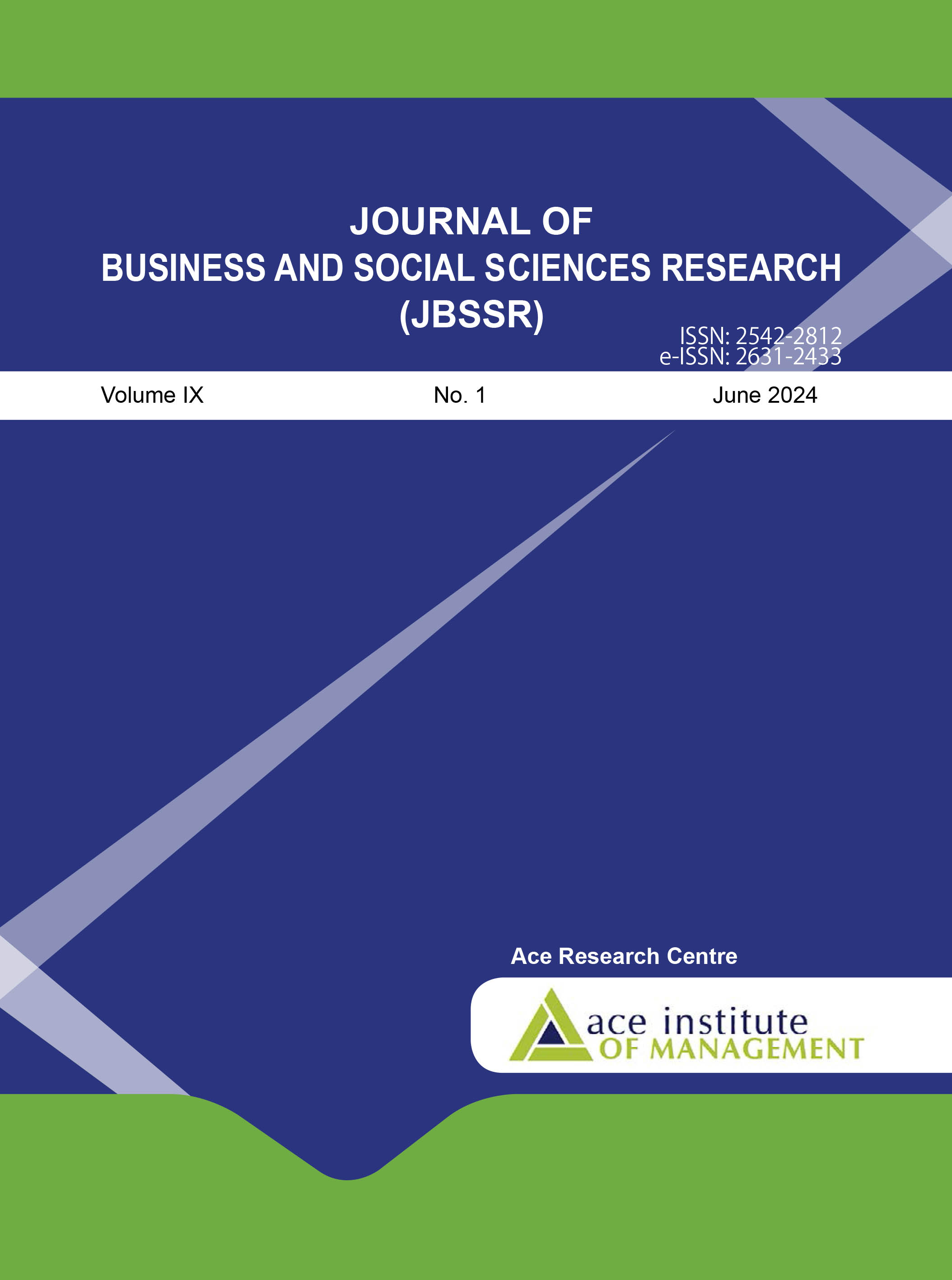Assessing Preference of Four-Wheel Tractors among Farmers of Parsa District, Nepal
DOI:
https://doi.org/10.3126/jbssr.v9i1.67994Keywords:
Conjoint analysis, farmer's preference, four-wheel tractorAbstract
This study aims to examine attributes preferred by farmers of Parsa district for choosing four-wheel tractors. This study presents how farmers perceived their effectiveness based on common attributes of tractors like origin, brand, fuel consumption, horsepower, price, availability of spare parts, and their repair and maintenance. The study is quantitative and based on primary data. A non-probabilistic sampling technique was used with a sample size of 85. Conjoint analysis was applied to estimate part worth utility value, utility range and ranking the attributes of four-wheel tractor. The result show that farmers gave highest preference to fuel consumption with respect to highest utility value following horsepower, origin, price, availability of spare parts and repair and maintenance. Similarly, results show that branded and low-price tractor whose spare parts can be found easily in local market along with assured repair and maintenance facility available from authorised agency is preferred by farmers. Horsepower has been important attributes for tractor
selection, where farmers are mostly preferring tractors having horsepower greater than 45 hp. This study findings will provide valuable tools and a basic framework for suppliers and manufacturers for evaluating their market efficiency and preparing strategies for promoting four-wheel tractors.
Downloads
Downloads
Published
How to Cite
Issue
Section
License
© JBSSR/AIM
Authors are required to transfer their Copyright to the Journal of Business and Social Sciences Research.




